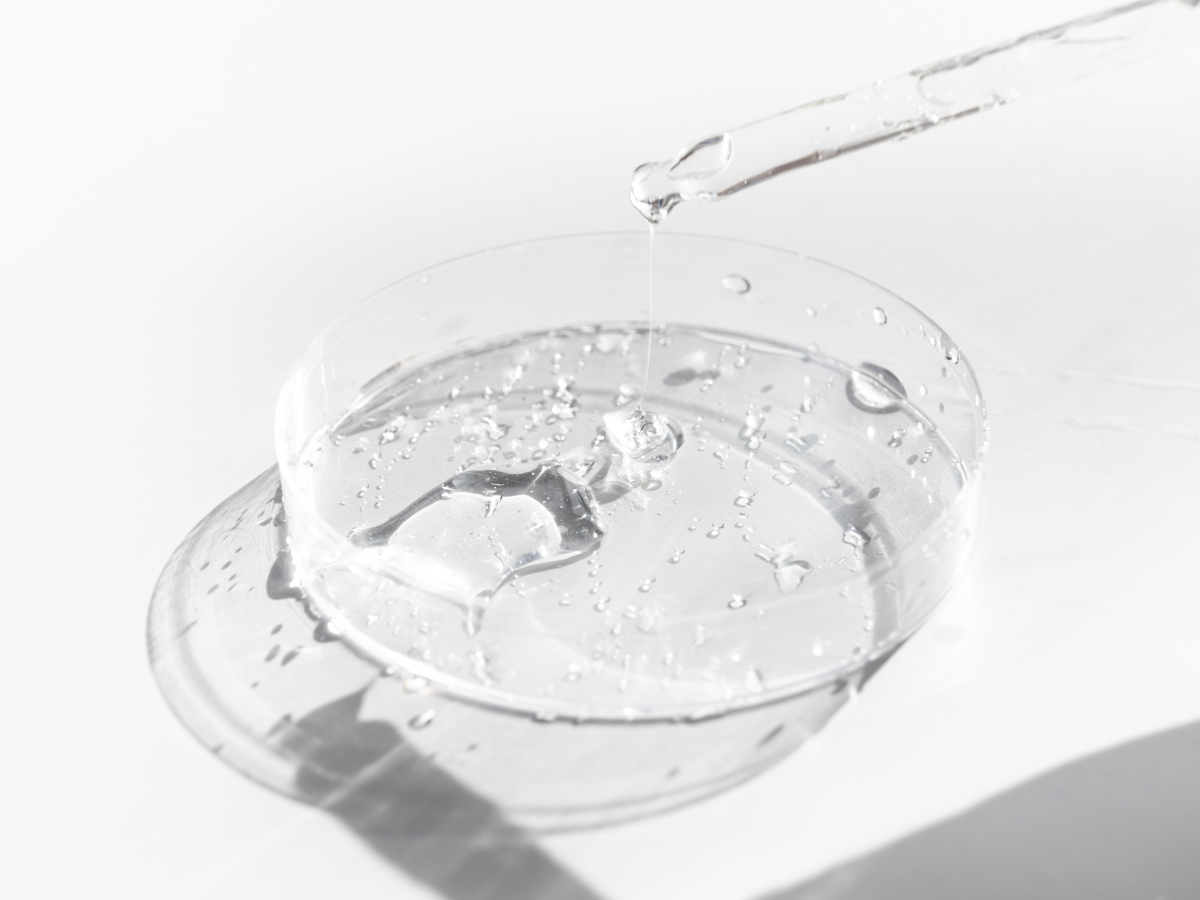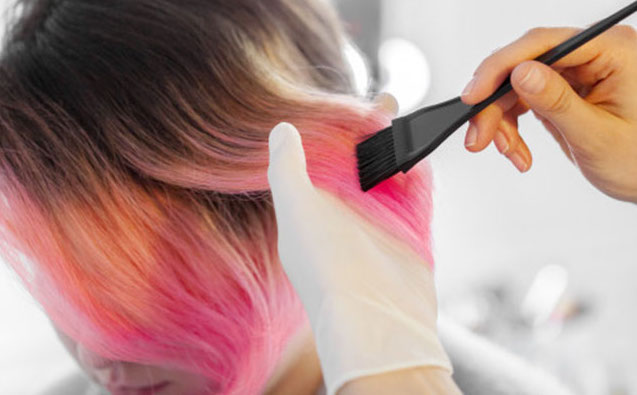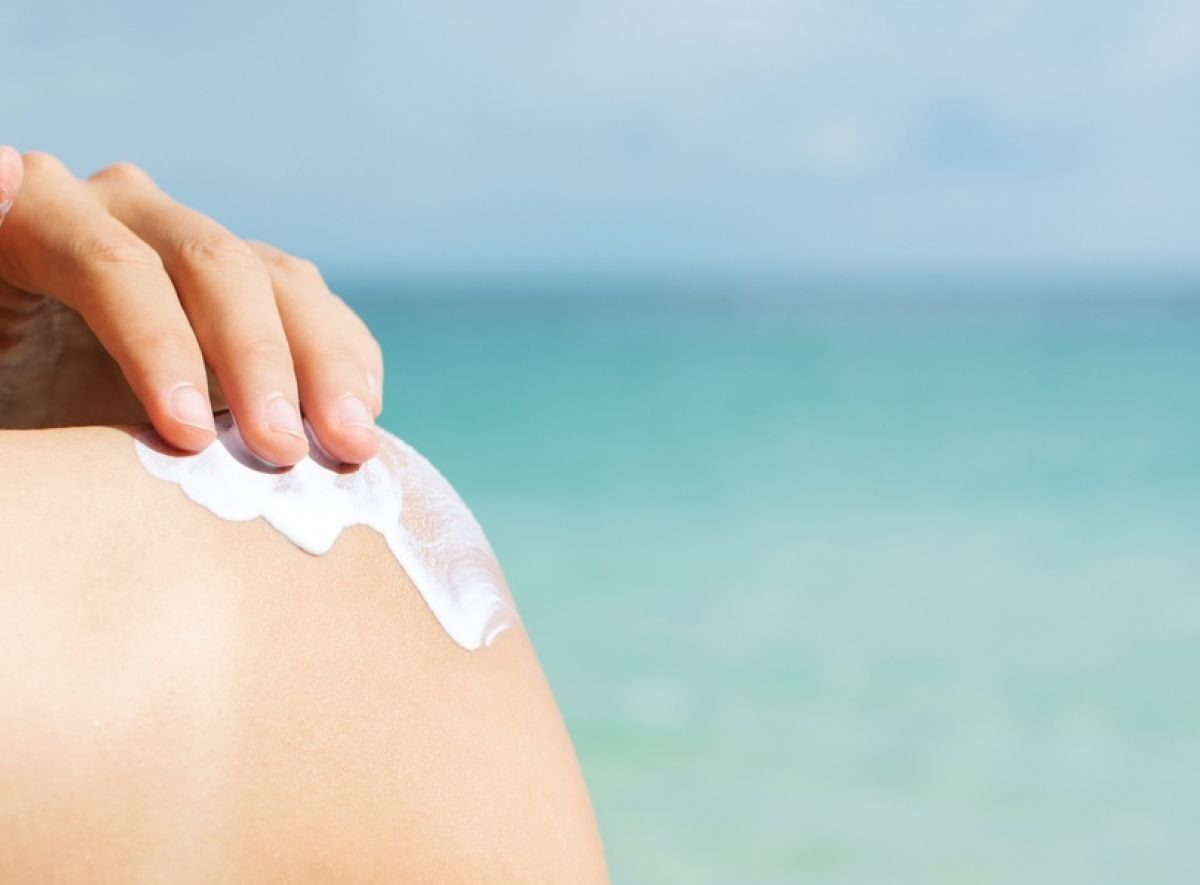For a cosmetic product to be sold on the European Union it must be in compliance with the Regulation (EC) No 1223/2009 on cosmetic products, have a compliant Product Information File (PIF) and it has to be notified in the Cosmetic Product Notification Portal (CPNP). Besides, only cosmetic products for which a legal or natural person is designated within the EU as ‘responsible person’ shall be placed on the market (Article 4 of Regulation (EC) No. 1223/2009). A safety assessment report must be carried out (and included in the PIF) by a person properly qualified, fulfilling the requirements of Article 10(2) of Regulation (EC) No 1223/2003. These obligations are valid to brand owners and distributors of cosmetic products, i.e., companies that make the cosmetic products available on the market.
These conditions apply to all cosmetic products made available on the European Union, which means, they apply not only on physical stores but also on the internet. E-commerce is comparable to opening a store in each country where the company ships their product. As the final consumer is on the EU, it is not relevant if the website is EU or non-EU established, and all the cosmetic products must obey to Regulation. In addition, even samples from cosmetic products distributed (sold or not) in physical stores or online stores must have a CPNP number and comply with Regulation.














